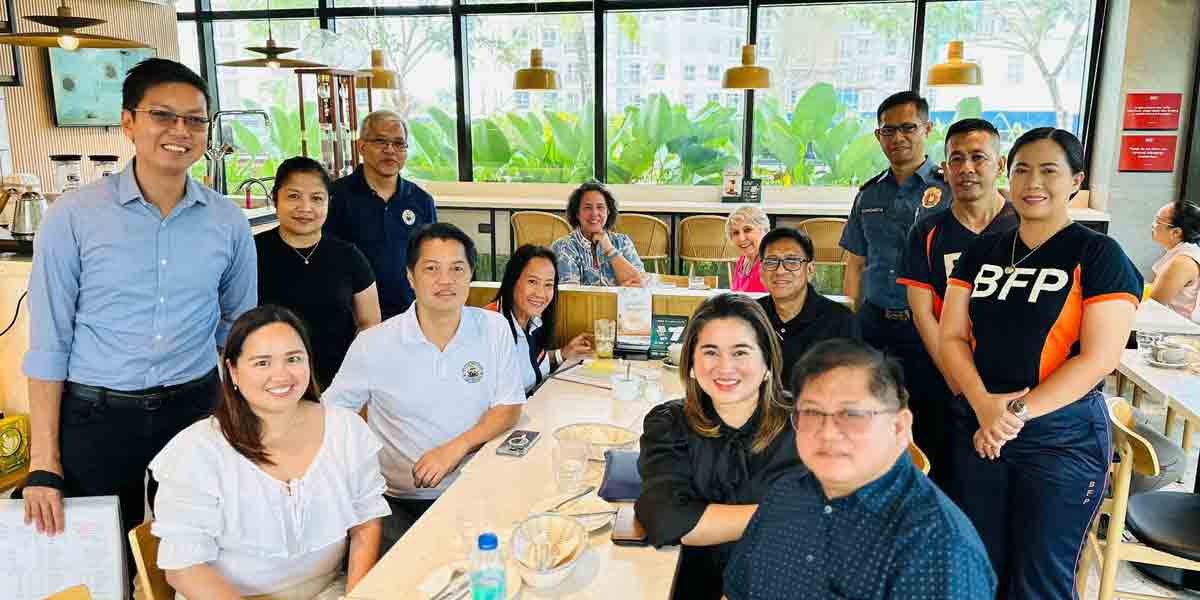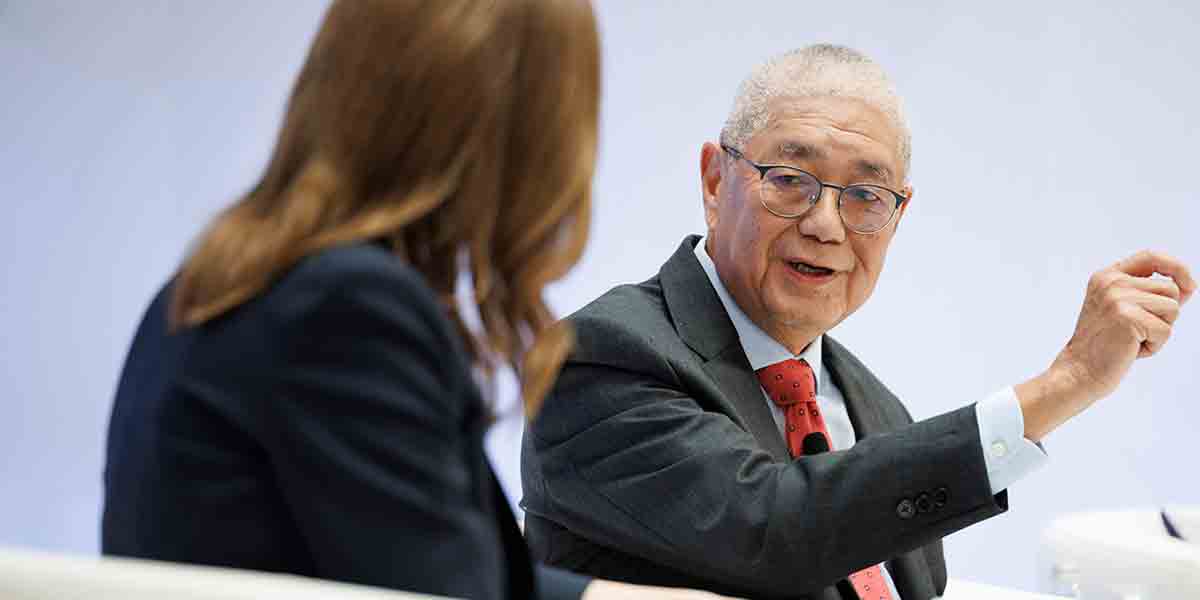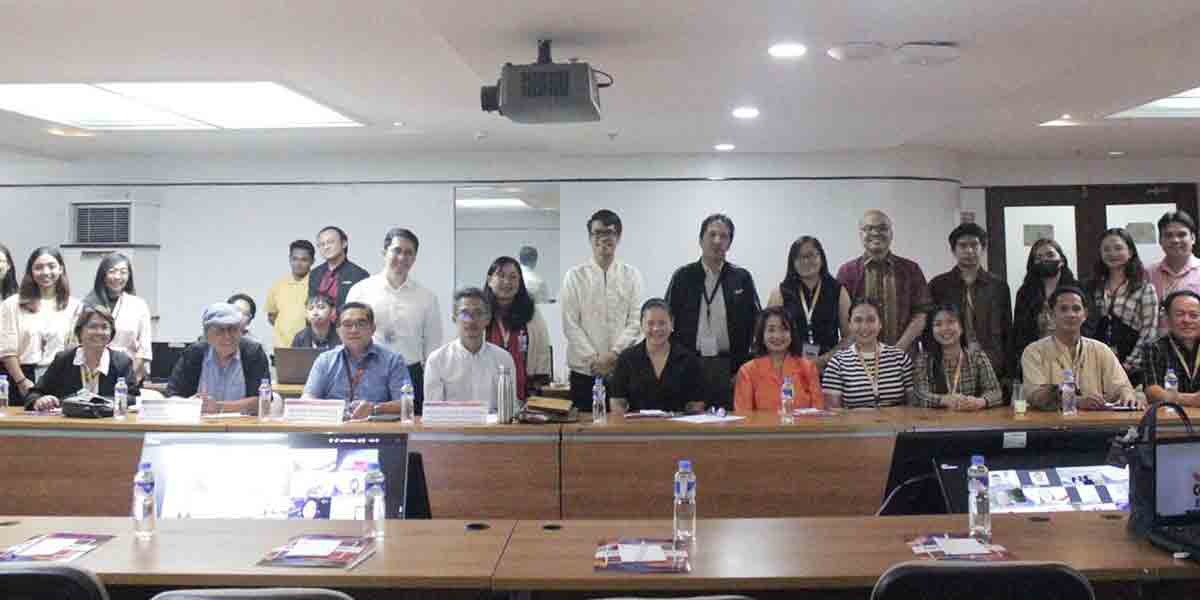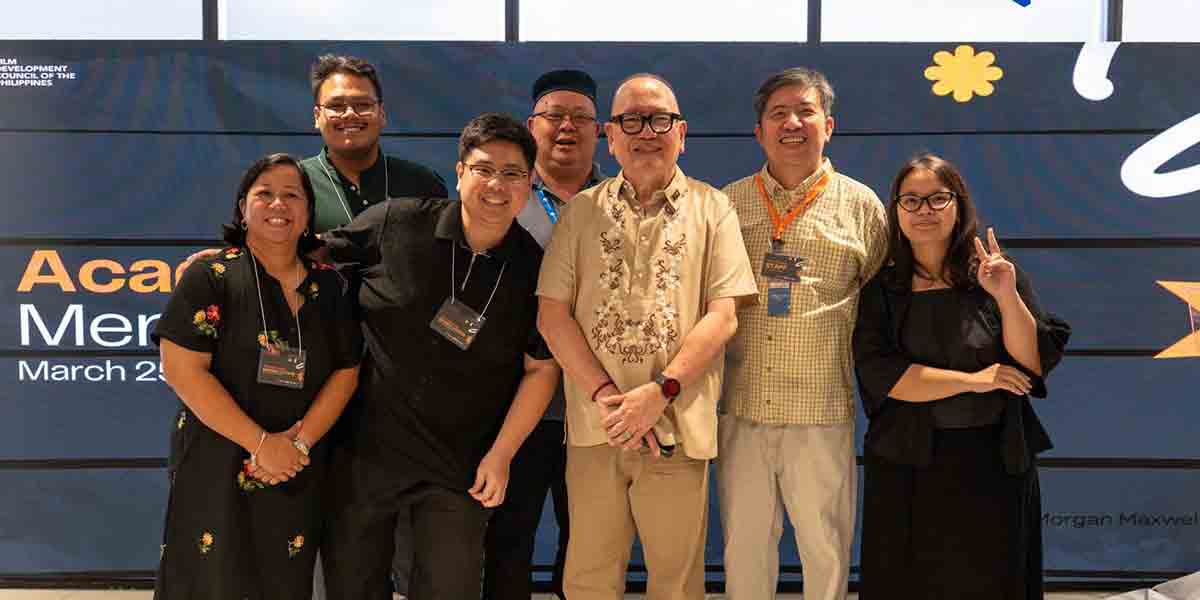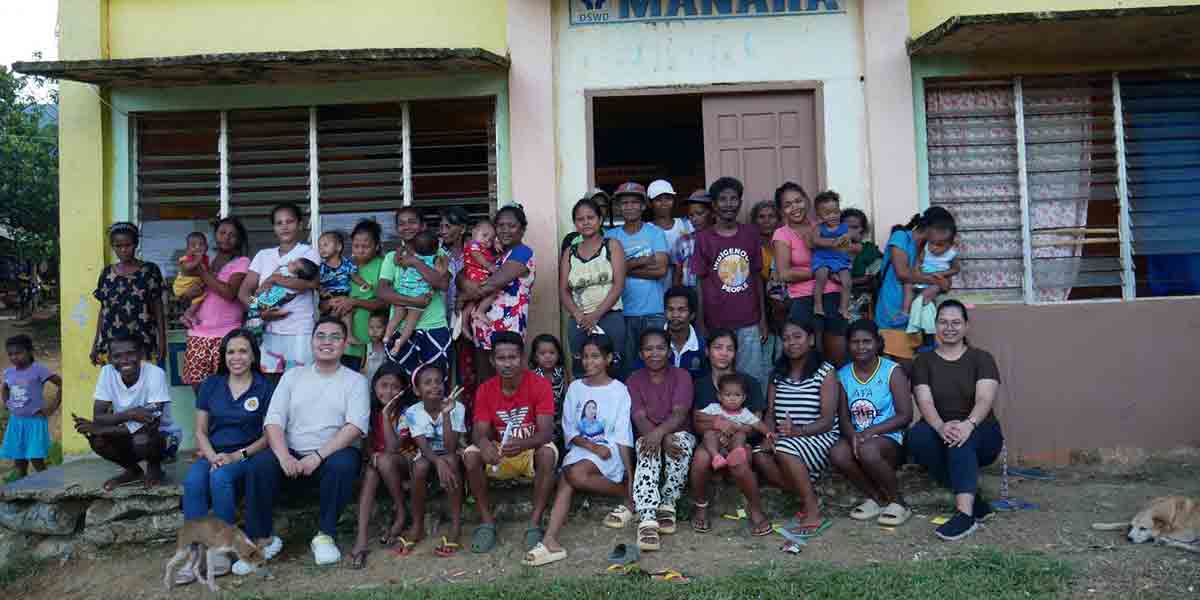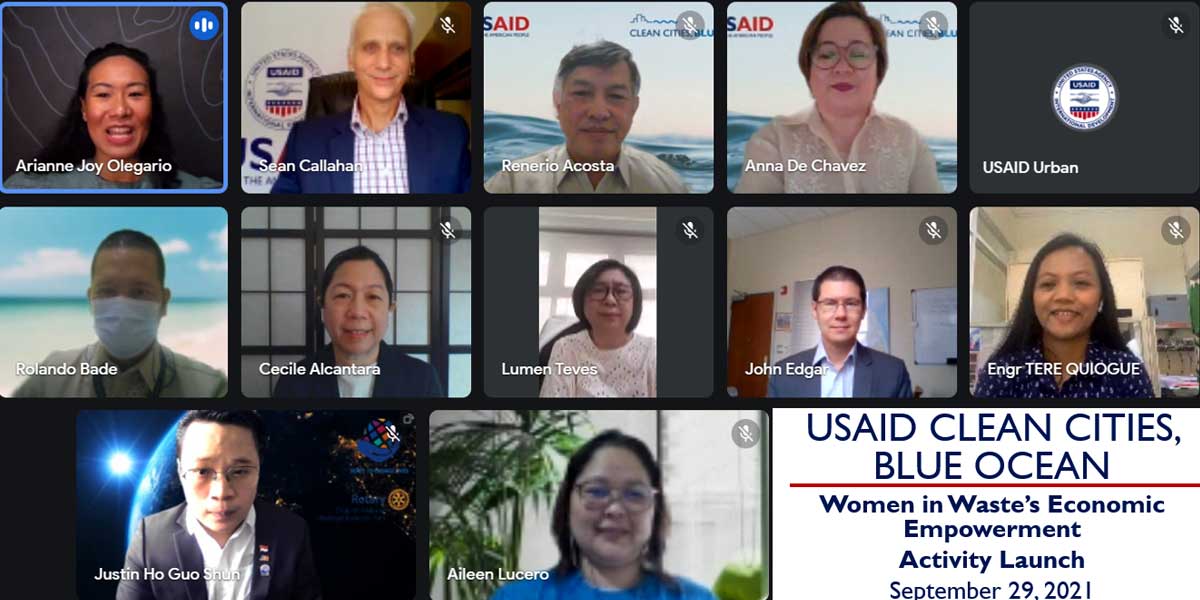
The U.S. government, through the U.S. Agency for International Development (USAID), launched a new project that will help women working in Metro Manila’s solid waste and recycling sectors gain access to business and livelihood opportunities.
USAID’s Women in Waste’s Economic Empowerment (WWEE) is a four-year, approximately Php75-million project that will provide business and personal empowerment training, as well as funding and mentorship opportunities, so that women can continue to support their families and contribute meaningfully to the country’s economy.
Across the globe, women play a critical role in the solid waste management and recycling sectors. However, women face gendered structural barriers that limit their earning power and constrain their access to opportunities for growth.
“USAID is pleased to work with the government of the Philippines, private sector, and nongovernmental organizations to advance gender equality and women’s economic empowerment, all while turning the tide on ocean plastics,” said USAID Acting Mission Director Sean Callahan.
The launch was joined by partners from the local governments of Parañaque City and Pasig City; Linis Ganda, the widest junk shop network in the Philippines; and the Rotary Club of Alabang Madrigal Business Club, who are supporting the activity to bolster its impact and sustainability. The Coca-Cola Foundation Philippines and the Technical Education and Skills Development Authority will also soon join the program’s roster of supporting partners.
The WWEE project, implemented in partnership with the EcoWaste Coalition and the Johns Hopkins University Self-Empowerment and Equity for Change (SEE Change) Initiative, is part of USAID’s five-year, $48-million Clean Cities, Blue Ocean (CCBO) program, that works globally to target plastic pollution.
In the Philippines, CCBO is working with partners in three engagement sites—Manila Bay (via Las Piñas and Pasig Cities), Batangas Province and City, and Iloilo Province and City—to identify, test, and scale locally-driven solutions to promote the 3Rs (reduce, reuse, recycle) and enhance solid waste management systems. For more information, please visit www.urban-links.org/ccbo.



